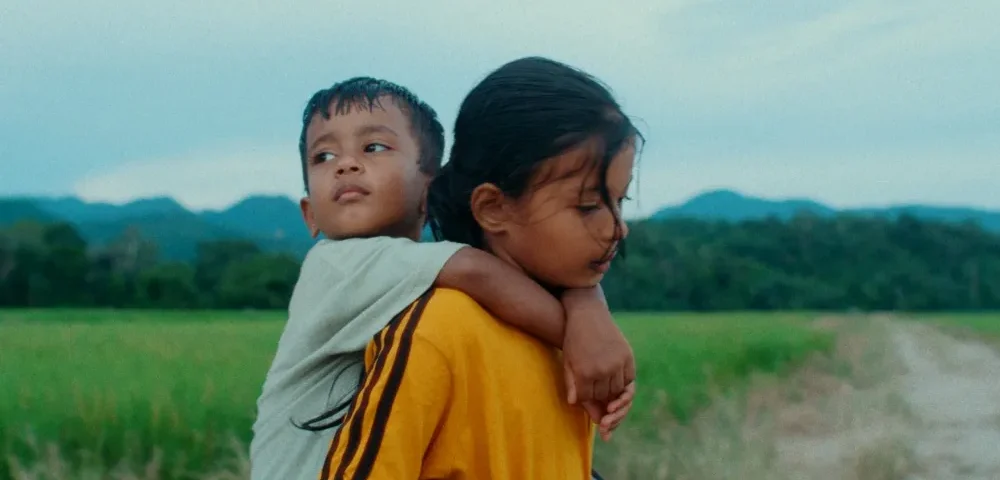The world’s premiere impact media company joins the first feature film entirely in Rohingya language as it prepares for September 30 UN high-level conference
Think-Film Impact Production announces its partnership with LOST LAND – the first feature film produced entirely in the Rohingya language, featuring 200 non-professional Rohingya actors. LOST LAND, which recently garnered two awards at the prestigious Venice Film Festival, is the third film by Akio Fujimoto, an award-winning Japanese director known for his realistic social dramas.
The collaboration launches as the film builds momentum following its Venice world premiere, with strategic advocacy connected to the UN High-Level Conference on the Situation of Rohingya Muslims and Other Minorities in Myanmar, taking place in New York City on September 30th. The film’s impact message is that every child deserves a nation state to call home.
The Japan-France-Malaysia-Germany co-production tells the story of two Rohingya siblings on their perilous journey from refugee camps in Bangladesh to Malaysia. Co-produced by Sujauddin Karimuddin, a Rohingya refugee who worked directly with the community throughout production, the film addresses critical themes of statelessness and children’s rights through authentic testimonies and natural performances that create what audiences have described as a documentary feel within a fiction narrative.
Amy Shepherd, COO of Think-Film Impact Production, said: “It’s rare for a film to so exactly speak into a critical moment for real action – LOST LAND offers policymakers something they rarely encounter: authentic Rohingya perspectives on statelessness precisely when the international community is seeking concrete solutions to this crisis.”
For film director Akio Fujimoto, impact is a core part of his vision for the film’s release and distribution. He said, “The journey of the children in the film became a metaphor for the Rohingya’s status: living in constant precarity without nationality or citizenship, always searching for a place to belong. When this is the reality for millions of people, it’s not enough for audiences to simply say the film is interesting. Cinema, to me, is an artform that can deeply touch people’s hearts, and spark real societal change. I hope that audiences who watch this film will extend their compassion not only to the Rohingya, but also to all those who continue to suffer in Myanmar today.”
The film’s impact partnership with Think-Film aims to transform how the international community addresses the root causes of the Rohingya, and wider Myanmar, crisis – moving beyond humanitarian responses to tackle the statelessness that creates cycles of displacement and vulnerability across generations.
“The timing is unprecedented,” commented producers Kazutaka Watanabe (E.x.N K.K.), Angele de Lorme (Panorama Films), and Eric Nyari (Cineric): “We have a Venice-premiered film with authentic Rohingya voices, Think-Film’s policy expertise, and the UN’s focused attention on the crisis all converging at the same moment. This partnership ensures the film contributes meaningfully to the solutions being discussed at the highest levels.”
Speaking ahead of the UN’s High-Level Conference, LOST LAND’s Rohingya co-producer Sujauddin Karimuddin, said: “LOST LAND represents the story of the world’s largest stateless population. Statelessness is a human rights crisis that contributes to violence, persecution, widespread displacement of ethnic and religious minority groups, trafficking, and the denial of basic human dignity. Rohingya people want to return home to our ancestors’ land with dignity, safety, and long-lasting security. As world leaders gather at the UN to discuss our future, we Rohingya must be heard – and all must pay attention.”
The film is set for theatrical release in Japan and France in spring 2026, with additional Asian and international market distribution under discussion. Think-Film’s involvement marks the beginning of an extended impact campaign designed to support both the film’s commercial success and its advocacy objectives around statelessness recognition.


